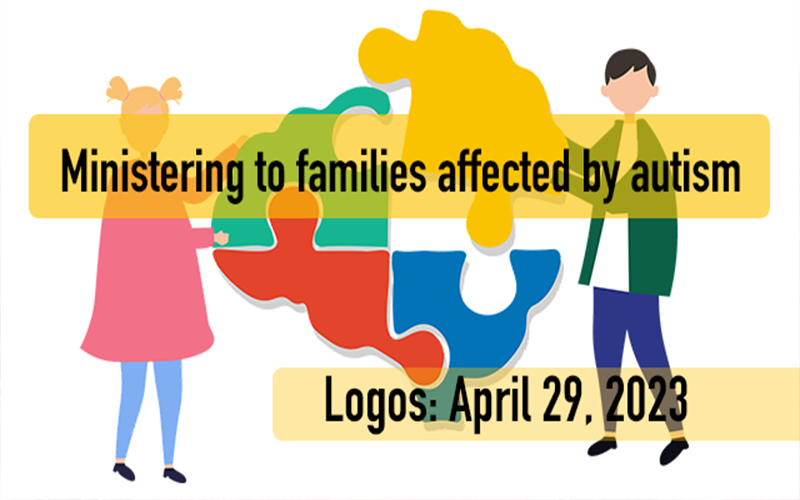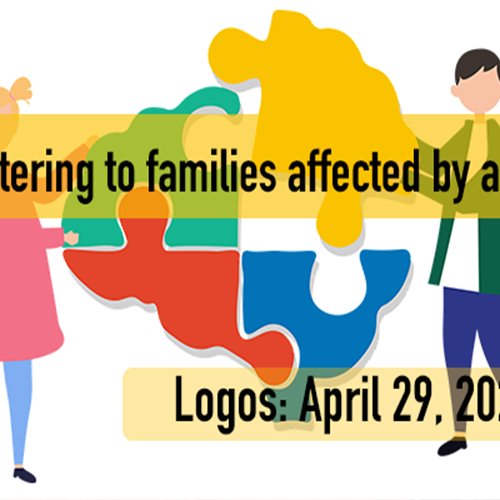
Autism affects one out of every 150 children. A pastor might have members affected by autism and yet not even know it. The church then, needs to know how to minister to the families affected by it. Almost everyone has heard of autism, but they don’t know much about it. Though many mysteries shroud this affliction, we know autism as a neurological disorder that affects a child’s ability to communicate and develop social relationships.
Autism comes in different forms, with symptoms ranging from genius to severely impaired. Some children may look very typical until you get to know them better, or until someone points out specific traits linked with the condition.
The first step is awareness and understanding of this disorder. Most children with autism have sensory issues. This means that a woman’s perfume, which we can barely smell, seems overwhelming to the child, and can cause a spontaneous outburst, even in the middle of church. This outburst can include a shriek and then panic.
Other senses are equally affected. As a pastor, you need to ask the family how you can help. Would a nursery help them to be able to listen to the service? Would they need a volunteer to sit with their child during church or Sabbath School so the parents can attend an adult class? Podcasting the sermon and uploading it to the church Web site can help when parents can’t make it to church.
What about a children’s club in the church? Are their leaders willing to modify and incorporate children with special needs into their programs?
Church members can minister to these families outside of church too. Asking what would be helpful is an important first step.
Encourage your typical child to befriend and help the autistic child by modeling typical behaviors. Never tolerate anyone teasing or berating them. Many children with autism are very intelligent despite their disabilities, and they have a lot to offer society.
Most of all, support positive steps the parents take to help the child. Autism is a complex disorder and parents need to try various approaches to deal with the situation.
Give special attention to these families. Learn how to interact with their child. Understand their needs. Most of all, believe in our children with autism and praise them. They work so hard to be a part of our world. We know this is good for typical children, so how much more important for these children, who are so often misunderstood?
Try to see the child that God intended them to be and not see them as a disorder. With early intervention, children with autism can get better, and you can be a part of their healing.
Finally, pray for these precious little ones’ healing and for their families. See them through Jesus’ eyes, full of hope and potential.
- Article adapted from Ministry Magazine, Ketelsen, D.L. (2008) Ministering to families affected by autism


